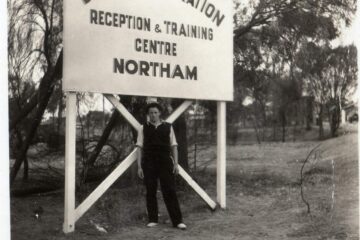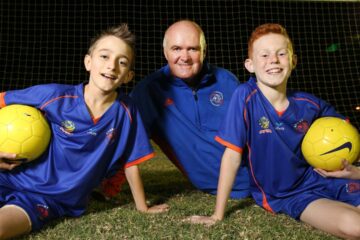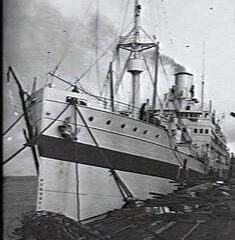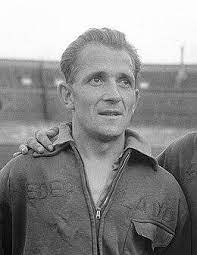
Michaël “Sjel” (Mike) de Bruyckere, born in Kaatsheuvel, the Netherlands, on 6 February 1928, was a remarkable Dutch and Australian footballer whose legacy extended beyond the pitch.
Early Years and Dutch Success.
De Bruyckere commenced his football journey as a junior player in his local club before catching the eye of Willem II in Tilburg in 1950. Playing a pivotal role, he contributed to Willem II’s success by securing two First Division titles during his tenure, featuring in 167 games and scoring an impressive 80 goals.
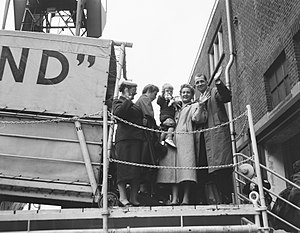
Representing the Dutch national team, Sjel de Bruyckere showcased his prowess from 1952 to 1955, earning eight caps and leaving an indelible mark on Willem II’s history. His last international appearance for the Netherlands preceded a significant move to Australia, where he would continue his football odyssey.
Australian Odyssey.
Emigrating to Australia just four days after his final international match, de Bruyckere joined Wilhelmina and made an immediate impact. His contributions led Wilhelmina to the top tier of the Victorian state league, clinching the Dockerty Cup in 1958 and winning the top division in 1959.
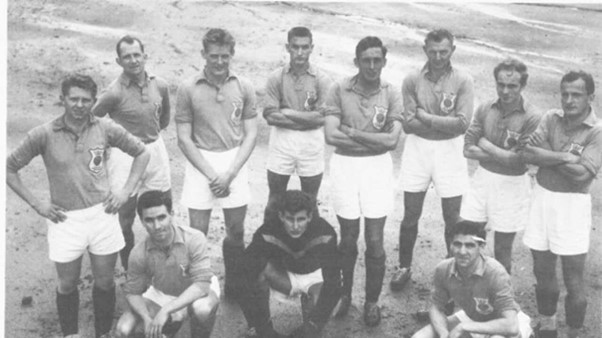
In addition to his achievements on the field, de Bruyckere, while player-coach at Melbourne Hungaria in June 1964, played a pivotal role in forming one of the earliest football players’ associations, a precursor to today’s Professional Footballers Australia.
Coaching and Continued Involvement.
De Bruyckere transitioned seamlessly into coaching, leaving his mark on various Australian clubs such as Wilhelmina (later Ringwood City), Ringwood United, Lions, Polonia, George Cross, Green Gully, and Prenston Makedonia. The best and fairest award at Ringwood City bears his name, a testament to his enduring impact.
Beyond coaching seniors, de Bruyckere remained involved in the game, nurturing young talents as a coach for children at various levels. His dedication extended beyond the pitch, where he continued to teach physical education at Box Hill and Mitcham technical schools.
Legacy and Recognition.
Known in Australia as Mike de Bruyckere, he played two unofficial matches for the Australia national soccer team, showcasing his adaptability to the Australian football landscape. His contributions were further acknowledged when he received the Football Federation Australia Hall of Fame induction in 1999.
Michaël died in Melbourne on 20 September 2011.
See also: Vale Michaël de Bruykere
